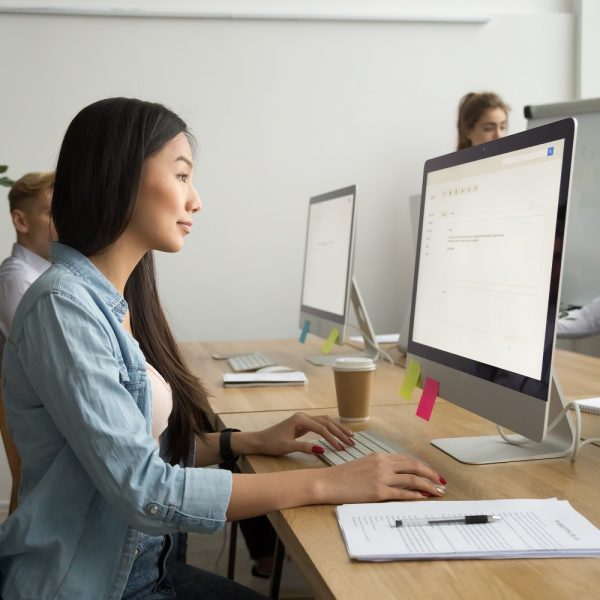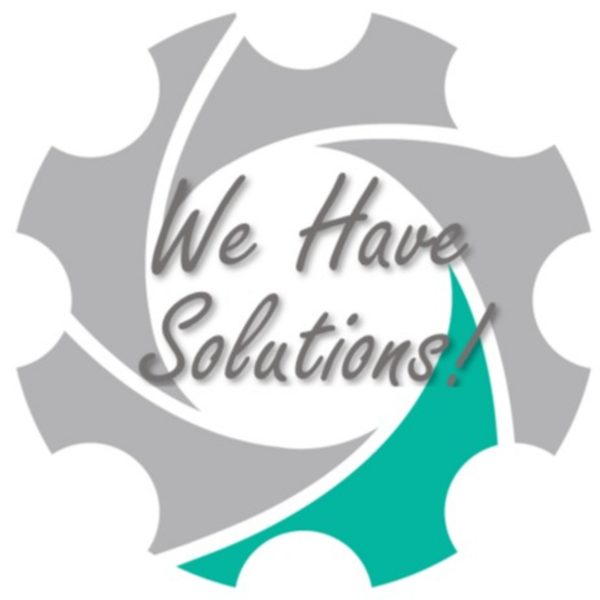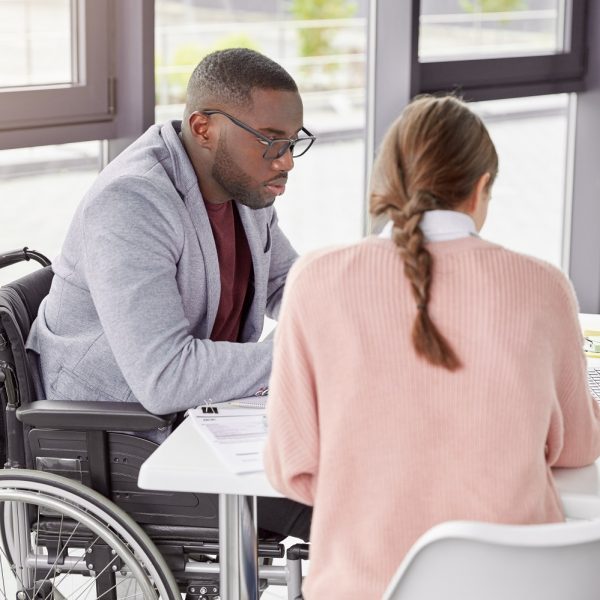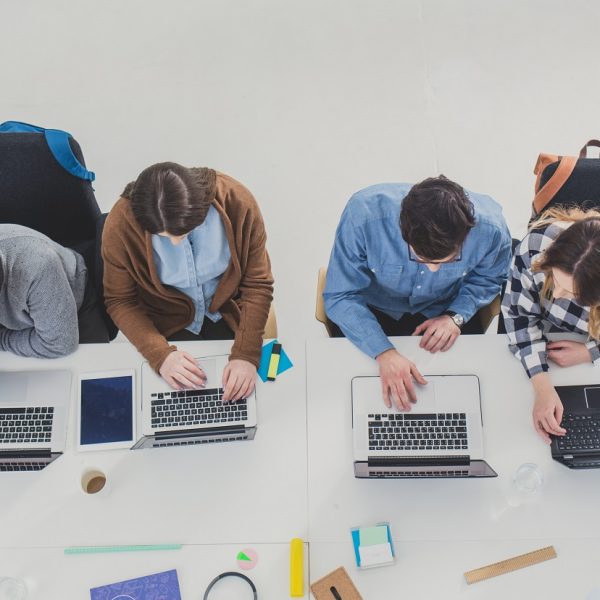Folder Management for Android

Have you ever downloaded a document onto your Android tablet only to have it seemingly disappear into the electronic void? Have you ever wondered if there’s an easier, more efficient way to deal with folders? If you answered yes to either of these questions, then this guide is for you. We’re going to look at the two major mobile platforms and dive a bit deeper into their respective file management systems in order to gain a better understanding of how to better utilize the storage potential of these devices. This will be a two-part guide, with this week’s e-bulletin focusing on Android tablets.
How to Create a Professional Email Address

If you’re out there looking for work in 2022, chances are some part of that application process will involve computers and emails. And when it comes to email correspondence in the business world, the first thing that potential employers will see is your email address. So, in today’s e-bulletin, we are going to look at the most important do’s and don’ts for when it comes to setting up a “professional” email account.
“We Have Solutions!” Episode 5: Pivoting for the Pandemic with Tracy Ryan

On this episode, we are joined by our K-12 Coordinator for Assistive Technology Programs and Services, Tracy Ryan. Tracy brings with her decades of experience in the disabilities community, and almost 5 years serving as our K-12 coordinator here in New Brunswick.
We talk about what it was like to provide services and training to schools during the COVID-19 pandemic, and the challenges, successes, and lessons that went with it.
New Brunswick Digital Support for Active Job Seekers and Students / Accompagnement numérique pour les chercheurs d’emplois et les étudiants du Nouveau-Brunswick

Introducing the New Brunswick Digital Support for Active Job Seekers and Students.
“We Have Solutions!” Episode 4 Featuring Nakia Singh

Episode 4 of our AT Help Desk‘s podcast, “We Have Solutions!” has been released.
On this episode, we are joined by co-host Nakia Singh. Nakia brings with him decades of personal experience with assistive technology, computing, and much more. In this episode, we touch on home automation, transportation for the visually impaired, and PC vs Mac vs Linux.
You can listen on Anchor, Spotify, or Google Podcasts.
How to Set up and Manage Email for Windows 10

Email has been the primary communication tool among employees for some time, and even with the introduction of newer technology such as Zoom or Teams, email is not going anywhere anytime soon. But even though email has been around for decades at this point, not everyone knows how to use it to its full potential. So if you’re someone who still uses their browser for checking emails, then this lesson is for you!
Five Navigation and Transportation Apps for Persons with Disabilities

When you have physical disabilities, dealing with transportation and navigation in your area can be a major challenge. This is especially true for wheelchair users who tend to have specific requirements regarding the environments in which they are able to comfortably access. Today, we’re going to look at five apps designed to help users with physical disabilities to more easily navigate their surroundings. These apps could be helpful for a wide range of disabled users, and many of these apps could also be helpful for persons with intellectual disabilities who might benefit from the extra guidance that they provide.
A Student’s Guide to Google Workspace

Today, we’re going to do a quick overview of the free apps that are available to students through Google Workspace. These apps are well designed with accessibility in mind, they’re free, and each app is designed to be used from anywhere, on any device. This is why the Google Workspace (formerly known as G-Suite) is a great choice for post-secondary students. Unlike primary-school aged children who often get free access to Microsoft 365, college and university students can’t always afford premium technology. So without further ado, let’s dive into the apps that are currently available for free through Google Workspace.
Five Tools for Easy Cover Letter and Resume Creation

Learning to create an effective cover letter is crucial for anyone entering into the workforce. Unfortunately, this is not always taught in a classroom environment, even though there is a very particular structure that is expected. If you want to catch the eye of a potential employer, your cover letter has to be well-structured, well-designed, and attractive.
Built-in Accessibility Features for Students

Student life can be challenging for anyone, and for persons with disabilities, this is especially true. Of course, there are plenty of tools and apps available to help overcome barriers surrounding disability and education, and we’ve explored many of those solutions in past e-bulletins. Unfortunately, some of these solutions require extensive training, funding/purchasing of equipment, etc., which can sometimes present a whole new set of barriers to the student. Today, we are going to look at some cutting-edge accessibility features that come built-in to mainstream technology. These features are free, they already exist on the device in question, and they are typically fairly easy to activate and operate. Let’s take a look!



